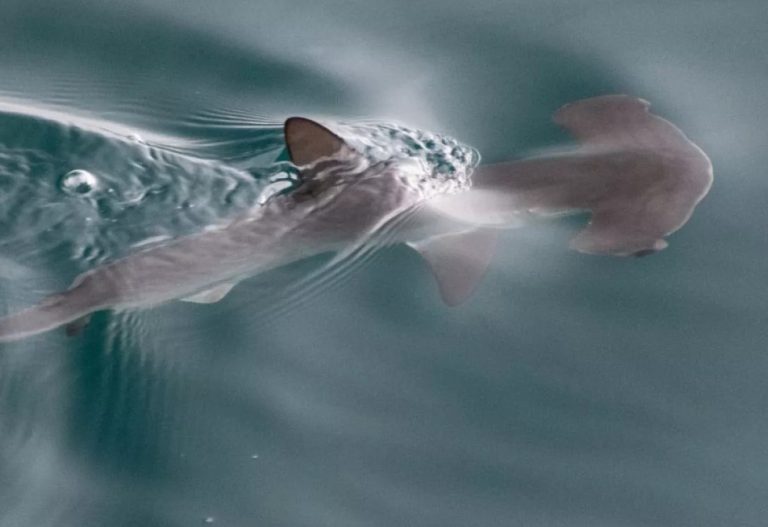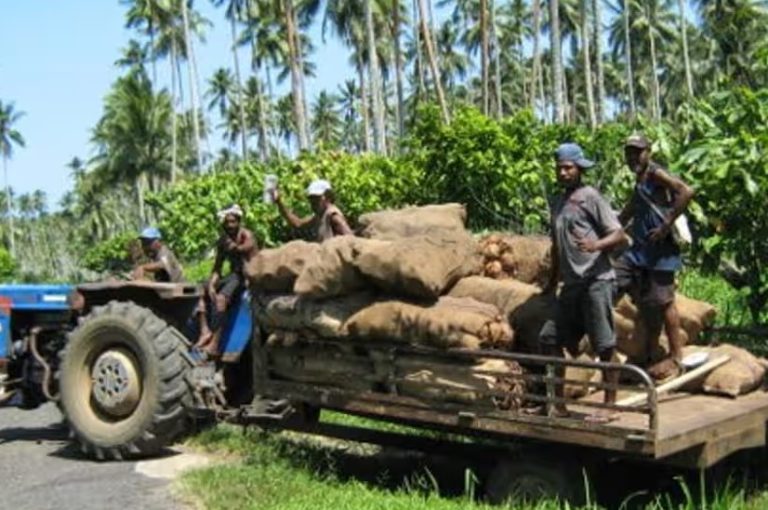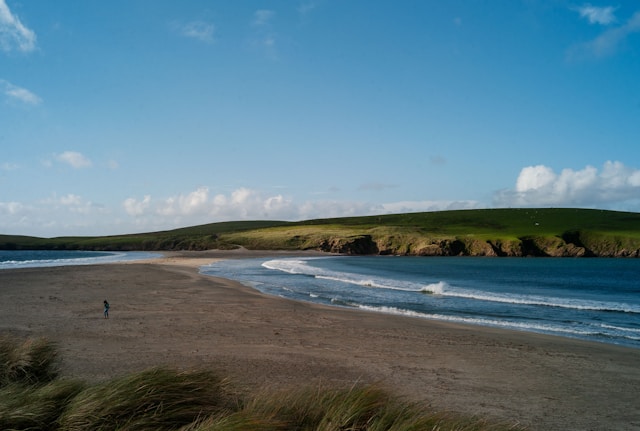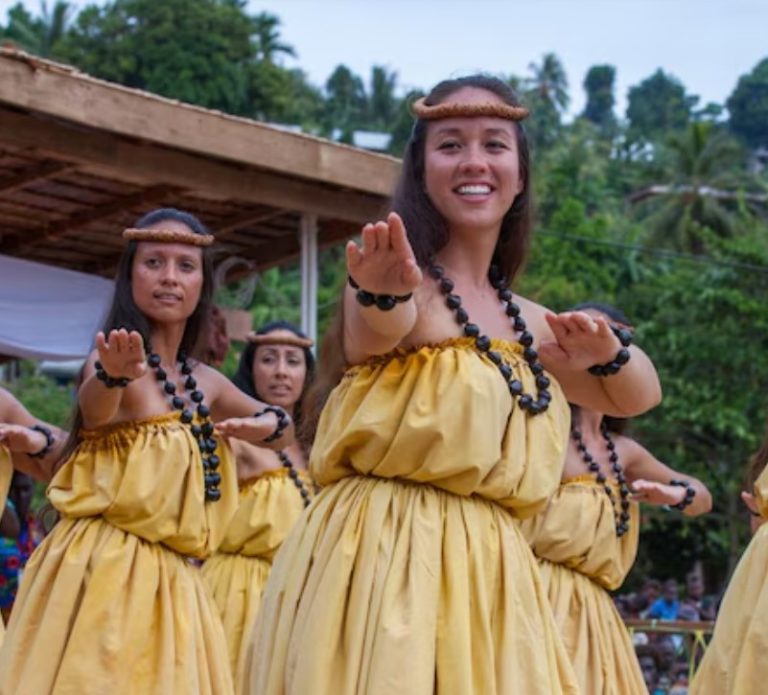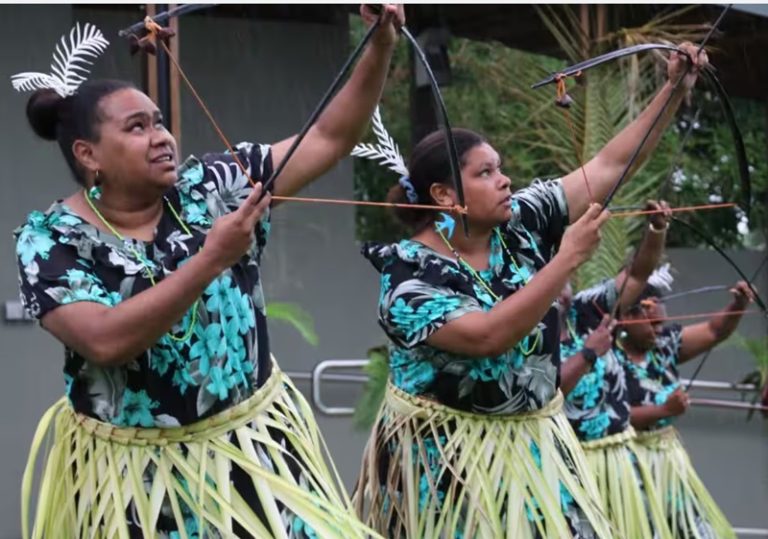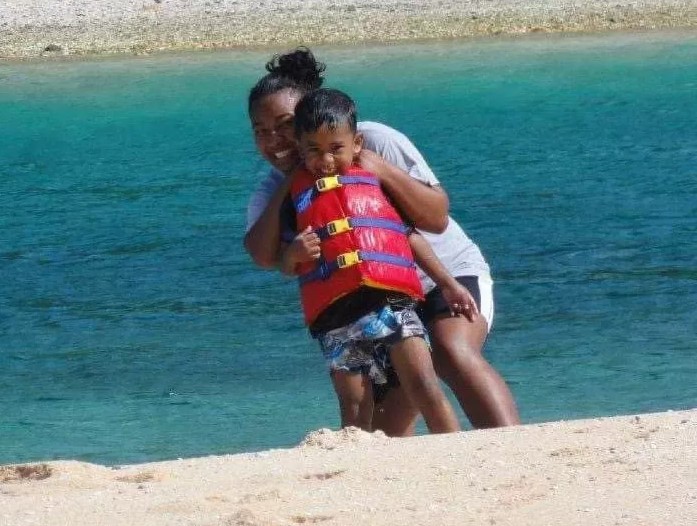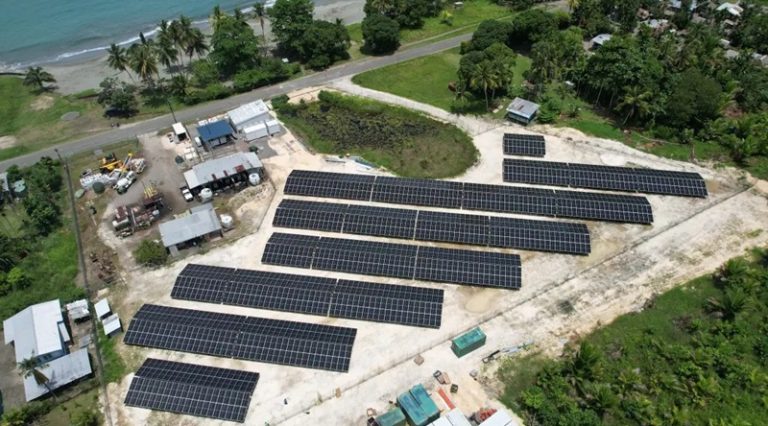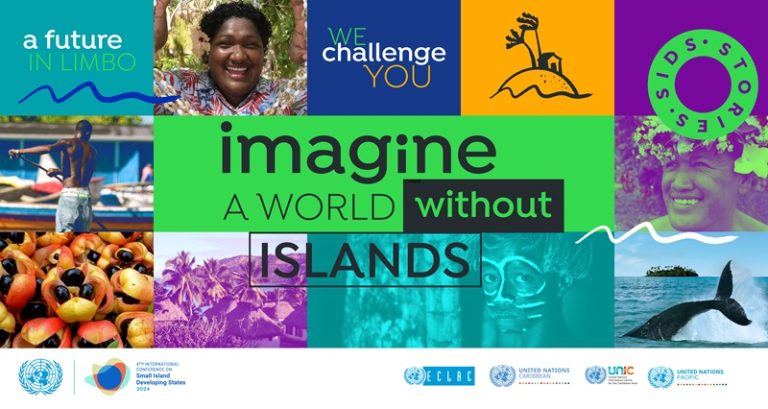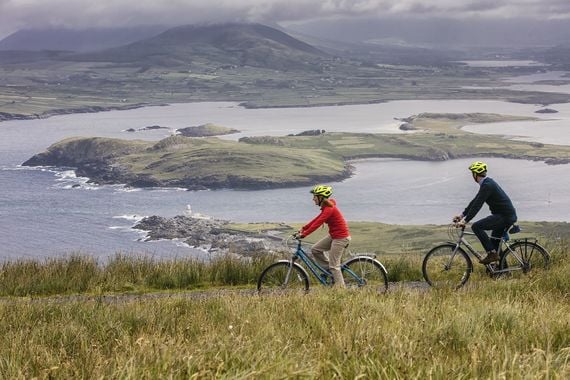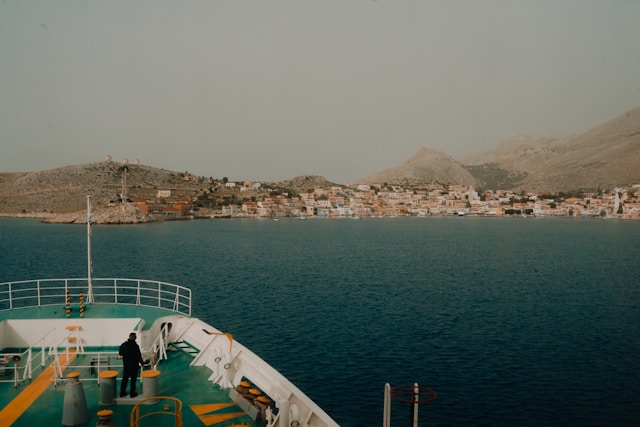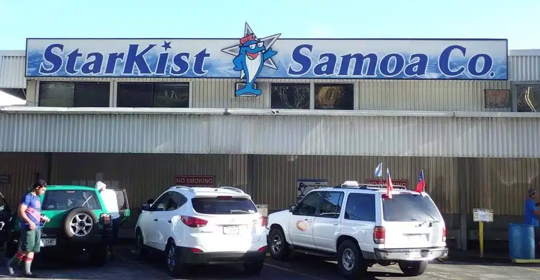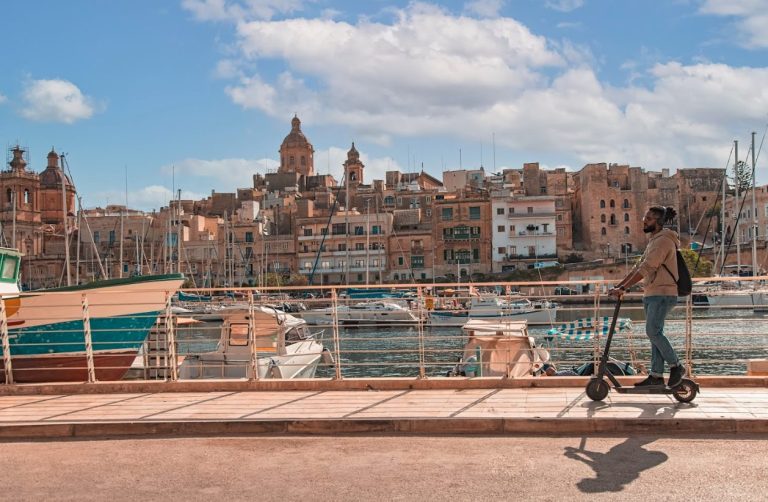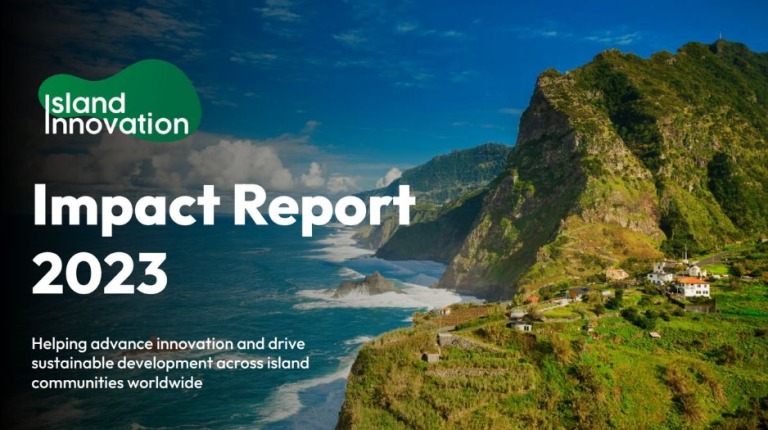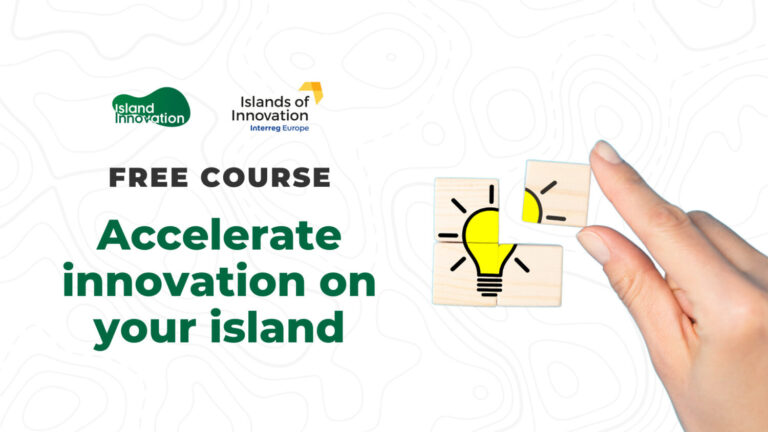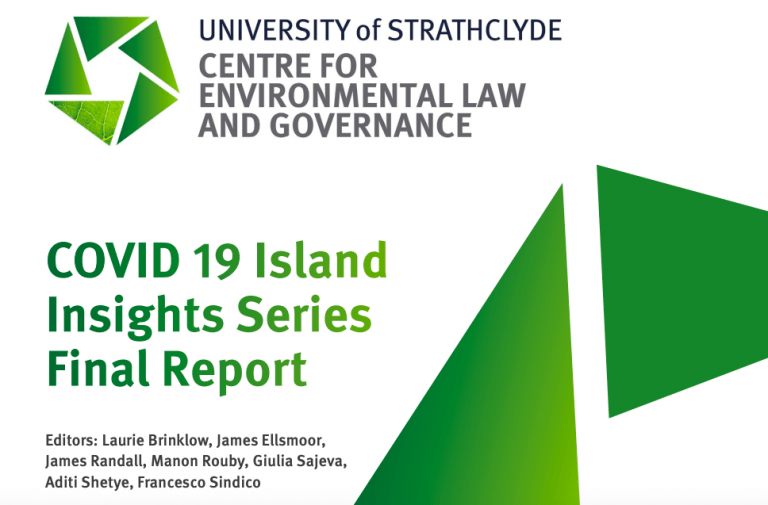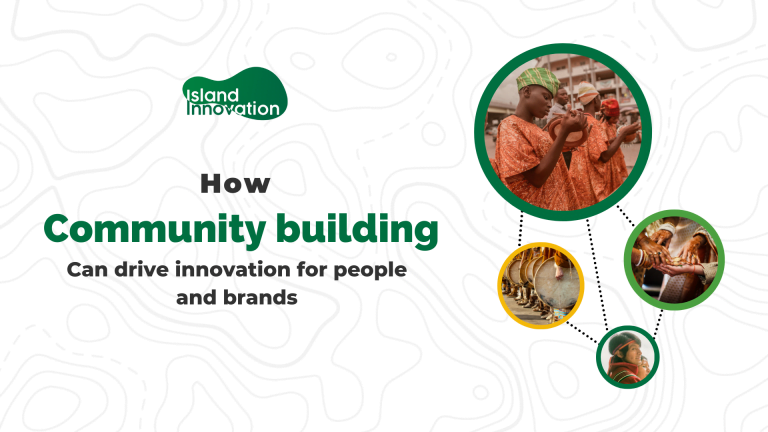Late on May 31, 2018, five days after she was sworn in as prime minister of Barbados, Mia Mottley and her top advisers gathered in the windowless anteroom of her administrative office in Bridgetown, the capital, for a call that could determine the fate of her island nation. The group settled into uncomfortable straight-backed chairs around a small mahogany table, staring at framed posters of Barbados’ windmills and sugar cane fields. Mottley, who was then 52, can appear mischievous in the moments before her bluntest declarations, but on this evening her steely side showed. She placed her personal cellphone on speaker and dialed a number in Washington for the International Monetary Fund. As arranged, Christine Lagarde, the managing director, answered.
Mottley got to the point: Barbados was out of money. It was so broke that it was taking out new loans just to pay the interest on the old ones, even as its infrastructure was coming undone. Soon the nation would have no choice but to declare itself insolvent, instigating a battle with the dozens of banks and creditors that held its $8 billion in debt and triggering austerity measures that would spiral the island into further poverty. There was another way, Mottley said, but she needed Lagarde’s help.
Mottley, the first woman to lead Barbados, had been working toward this conversation for nearly two years, consulting expert financial and legal advisers to develop a plan that would restructure the country’s soaring debts in a way that would free up money to invest in Barbados’ economy. Then, nine months before voting day, that plan took on new urgency as two powerful hurricanes ripped through the Caribbean 12 days apart; they missed Barbados, but one of them obliterated nearby Dominica.


